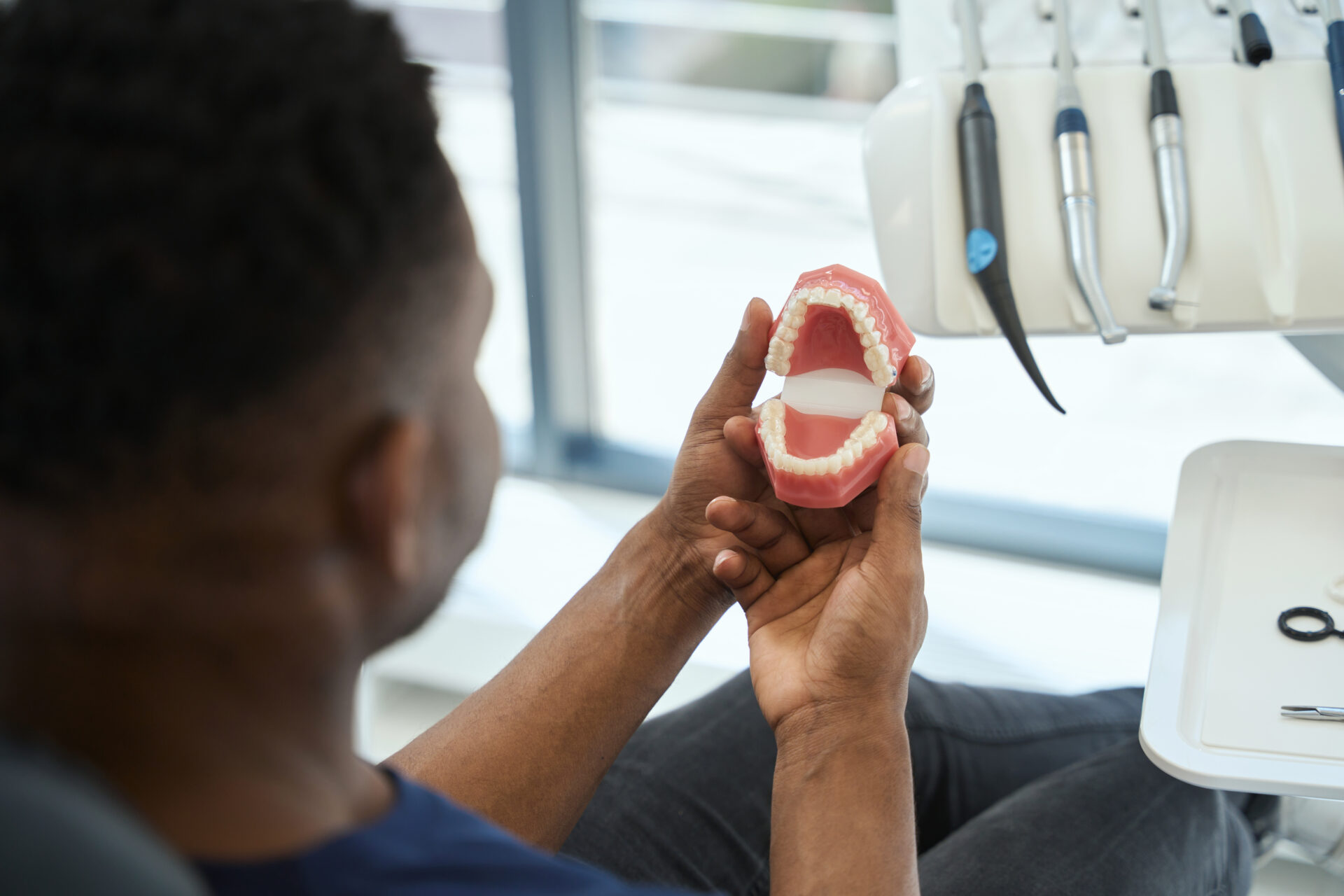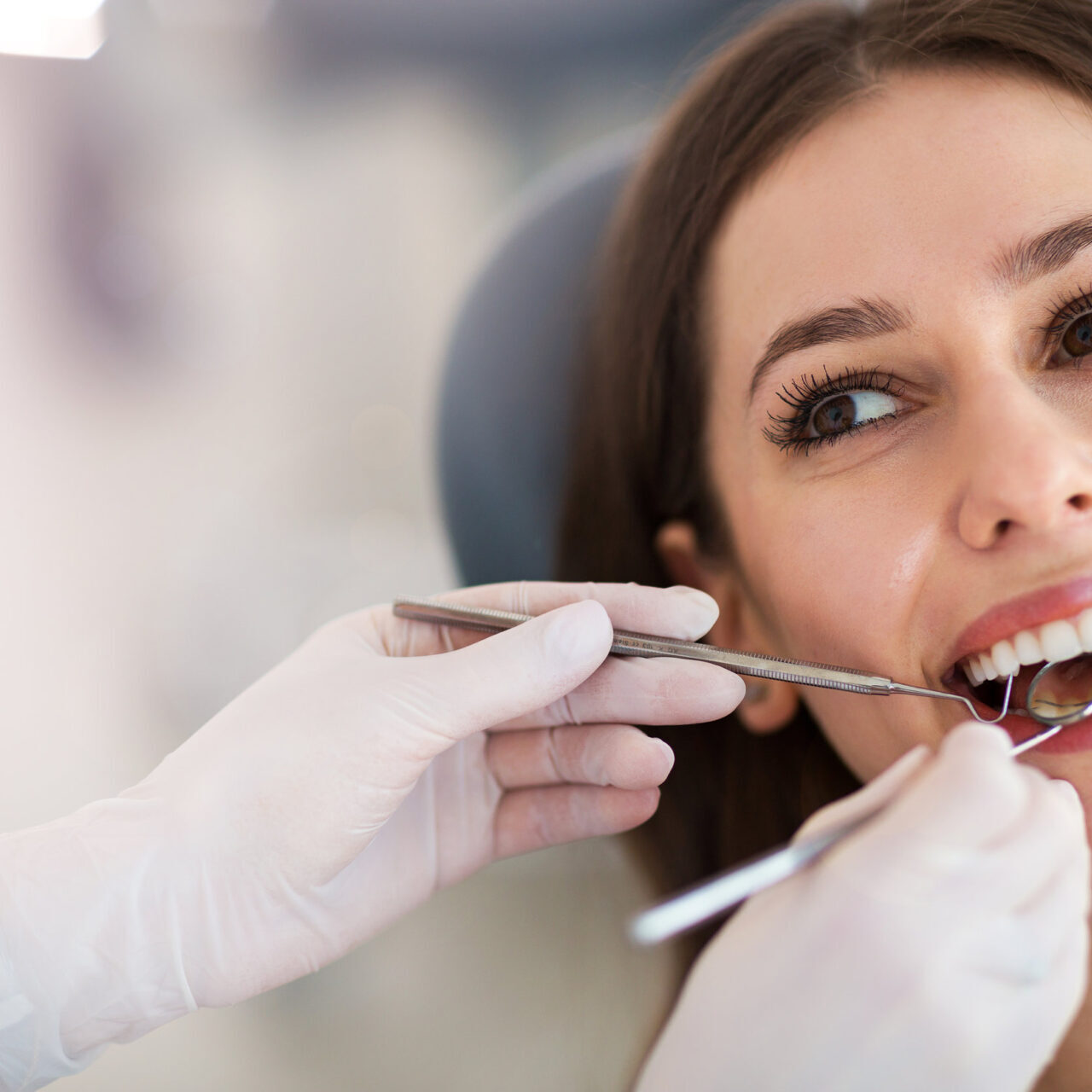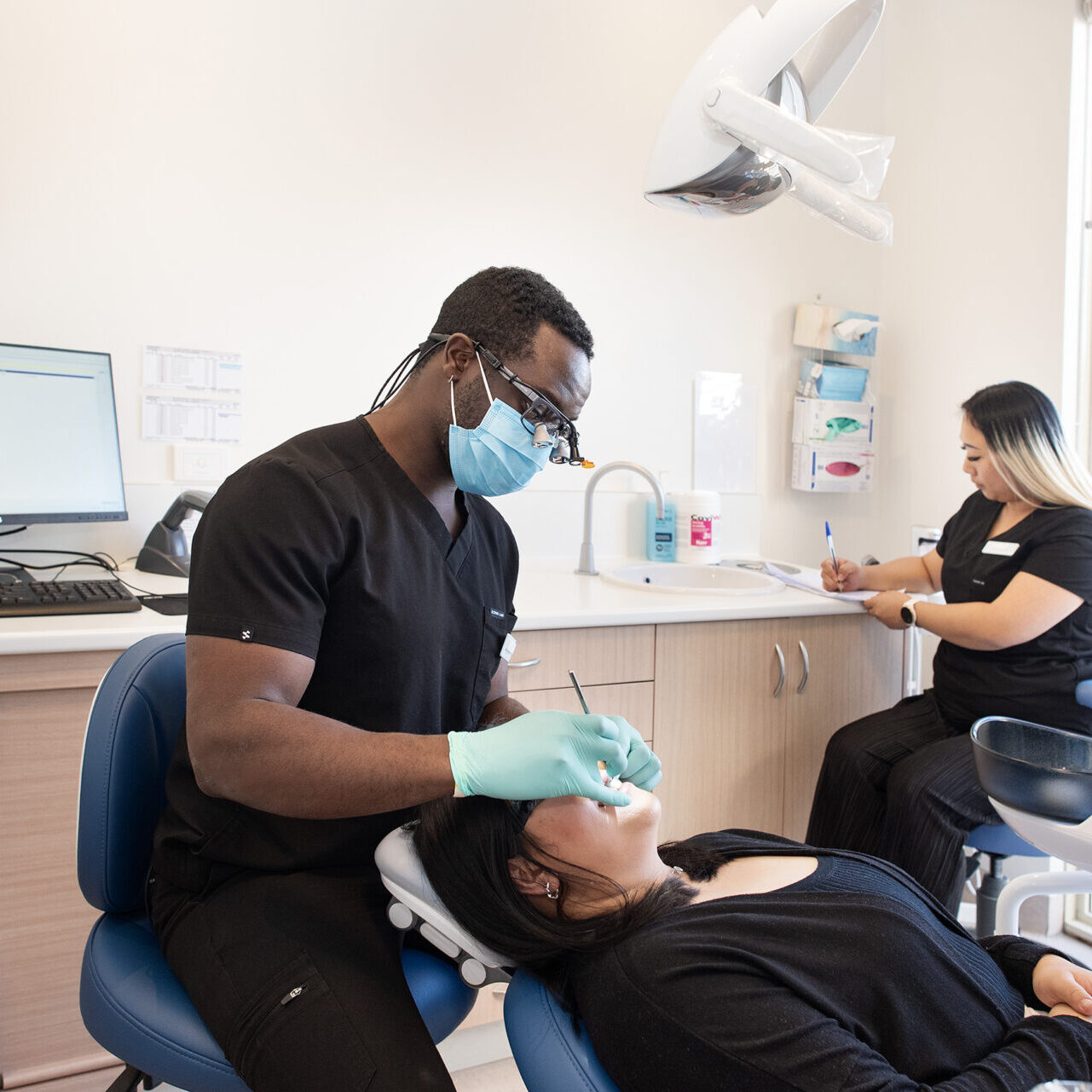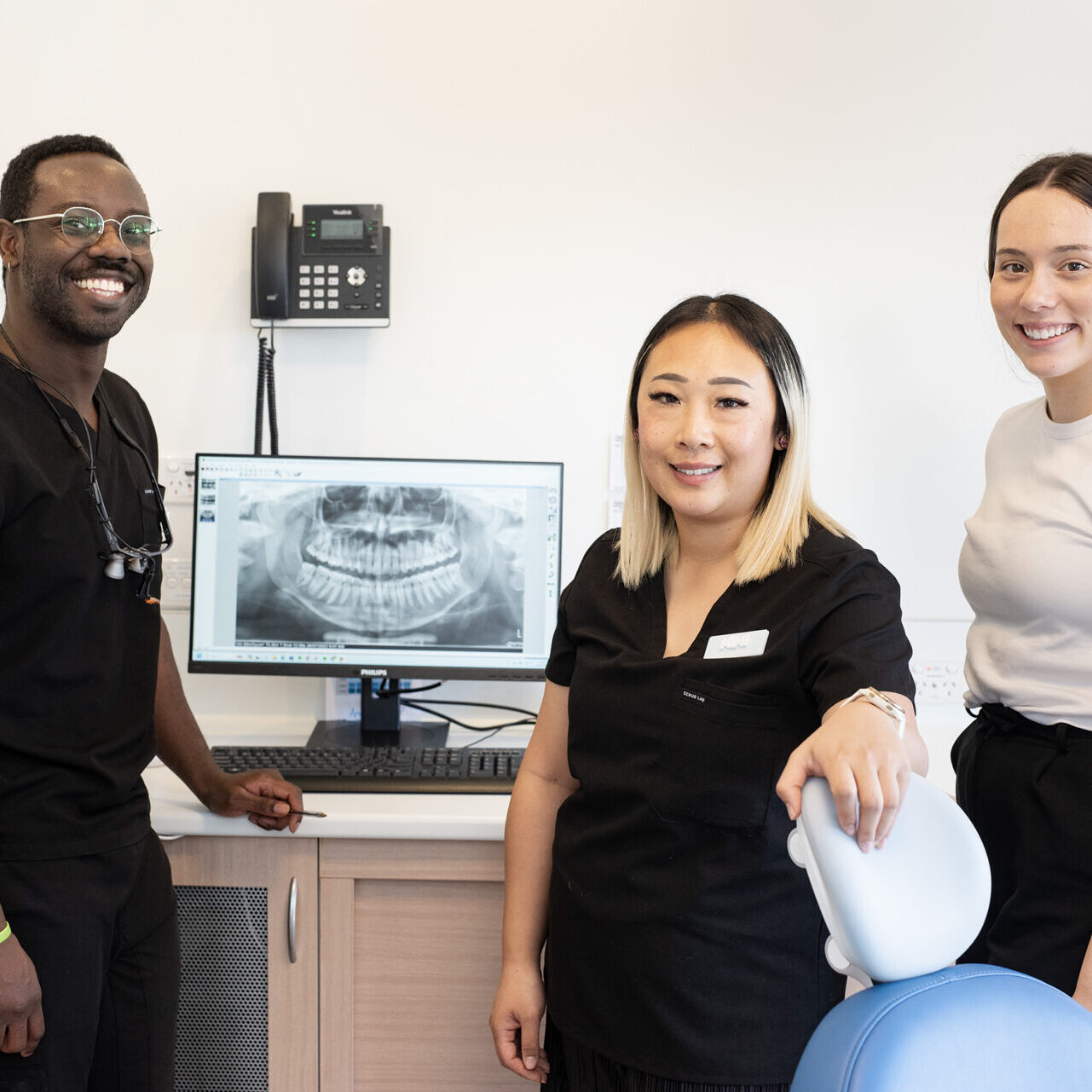What Is Teeth Grinding?
Teeth grinding—also known as bruxism—is the involuntary clenching or grinding of the teeth, most often during sleep. It can affect both children and adults and is often linked to factors like stress, anxiety, sleep disorders, bite misalignment, or even certain medications.
In children, teeth grinding may occur during growth and development, particularly while baby teeth are erupting or when permanent teeth start to come through. Most children outgrow it without lasting damage, but in some cases, it can lead to tooth wear, jaw pain, headaches, or disrupted sleep.
Persistent grinding can also strain the temporomandibular joint (TMJ), which connects the jawbone to the skull, potentially leading to jaw clicking, pain, or difficulty opening the mouth.
If you notice signs like loud grinding noises at night, complaints of a sore jaw, or worn-down teeth, it’s best to consult your dentist. Early assessment allows for monitoring and, if necessary, protective treatments like custom mouthguards to prevent damage.
Common Signs of Teeth Grinding
Many people aren’t aware they grind their teeth until a dentist or sleeping partner points it out. Here are common signs and symptoms:
- Worn, flattened, or chipped teeth
- Increased tooth sensitivity
- Jaw pain or tightness
- Earaches or headaches, particularly after waking
- Clicking or popping sounds when opening the mouth
- Facial pain or tired jaw muscles
- Disrupted sleep
If you notice any of these symptoms, it’s a good idea to schedule a consultation with your dentist.
Causes of Teeth Grinding
There’s no single cause of bruxism, but it’s often linked to:
- Stress and anxiety: Emotional tension is one of the leading triggers.
- Sleep disorders: People with sleep apnoea or snoring issues may also grind their teeth.
- Bite misalignment: Irregular contact between upper and lower teeth can contribute to grinding.
- Lifestyle habits: Excessive caffeine, alcohol, or tobacco use can increase the likelihood of bruxism.
- Medication side effects: Certain antidepressants and stimulants are known to cause teeth grinding.
You can find more information on the Australian Dental Association webpage.

The Connection Between Teeth Grinding and TMJ
The temporomandibular joint (TMJ) connects your jawbone to your skull and allows for smooth movement during talking, chewing, and yawning. Chronic teeth grinding places excessive stress on this joint, which can lead to TMJ disorders.
TMJ disorders can cause:
- Clicking or popping of the jaw
- Jaw locking or difficulty opening the mouth
- Pain that radiates to the ear, neck, or temples
- Difficulty chewing or a change in bite alignment
- Addressing teeth grinding early can help prevent the development of TMJ-related complications.
Long-Term Effects of Untreated Teeth Grinding
If left unmanaged, teeth grinding can lead to:
- Enamel erosion and increased tooth sensitivity
- Cracked or fractured teeth
- Gum recession
- Dental restorations wearing out faster (e.g., fillings, crowns)
- Chronic jaw disorders or facial pain
- Poor sleep quality
That’s why early intervention and professional assessment are key.
Diagnosis and Treatment Options
At My Smile Dental, we’ll begin with a thorough examination of your teeth, jaw, and bite. If bruxism is suspected, we may ask about your sleep habits, stress levels, or symptoms you’ve experienced.
Treatment options include:
- Custom night guards: These are specially fitted dental appliances worn while sleeping to cushion your teeth and reduce damage from grinding.
- Stress management: Techniques like meditation, counselling, or exercise can help relieve the tension contributing to bruxism.
- Bite correction: If misaligned teeth are the root cause, we may recommend orthodontic treatment or selective reshaping of teeth.
- Lifestyle changes: Reducing caffeine or alcohol intake, quitting smoking, or improving sleep hygiene can make a significant difference.
- TMJ therapy: If jaw pain or dysfunction is involved, we may explore physiotherapy, muscle relaxants, or more specialised care.
When to See a Dentist
If you’re experiencing symptoms like jaw discomfort, frequent headaches, or notice your teeth are wearing down, it’s time to seek help. Early treatment can prevent more serious damage and improve your quality of life.
Our team at My Smile Dental is experienced in diagnosing and managing both teeth grinding and TMJ disorders. We take a personalised approach to your care, helping you find long-lasting relief.
Book a Consultation
If you’re waking up with jaw pain, headaches, or worn-down teeth, you may be grinding your teeth in your sleep, schedule a bruxism assessment at My Smile Dental to protect your smile and relieve discomfort.

Contact our Team
Opening Hours
Monday: 8:30am-6:00pm
Tuesday: 8:30am-6:00pm
Wednesday: 8:30am – 6:00pm
Thursday: 8:00am-8:30pm
Friday: 8:30am-6:00pm
Saturday: 8:00am-2:30pm
Phone
03 9390 9333
info@mysmiledental.com.au
Address
518 Melton Hwy
Sydenham Victoria 3037
Australia




